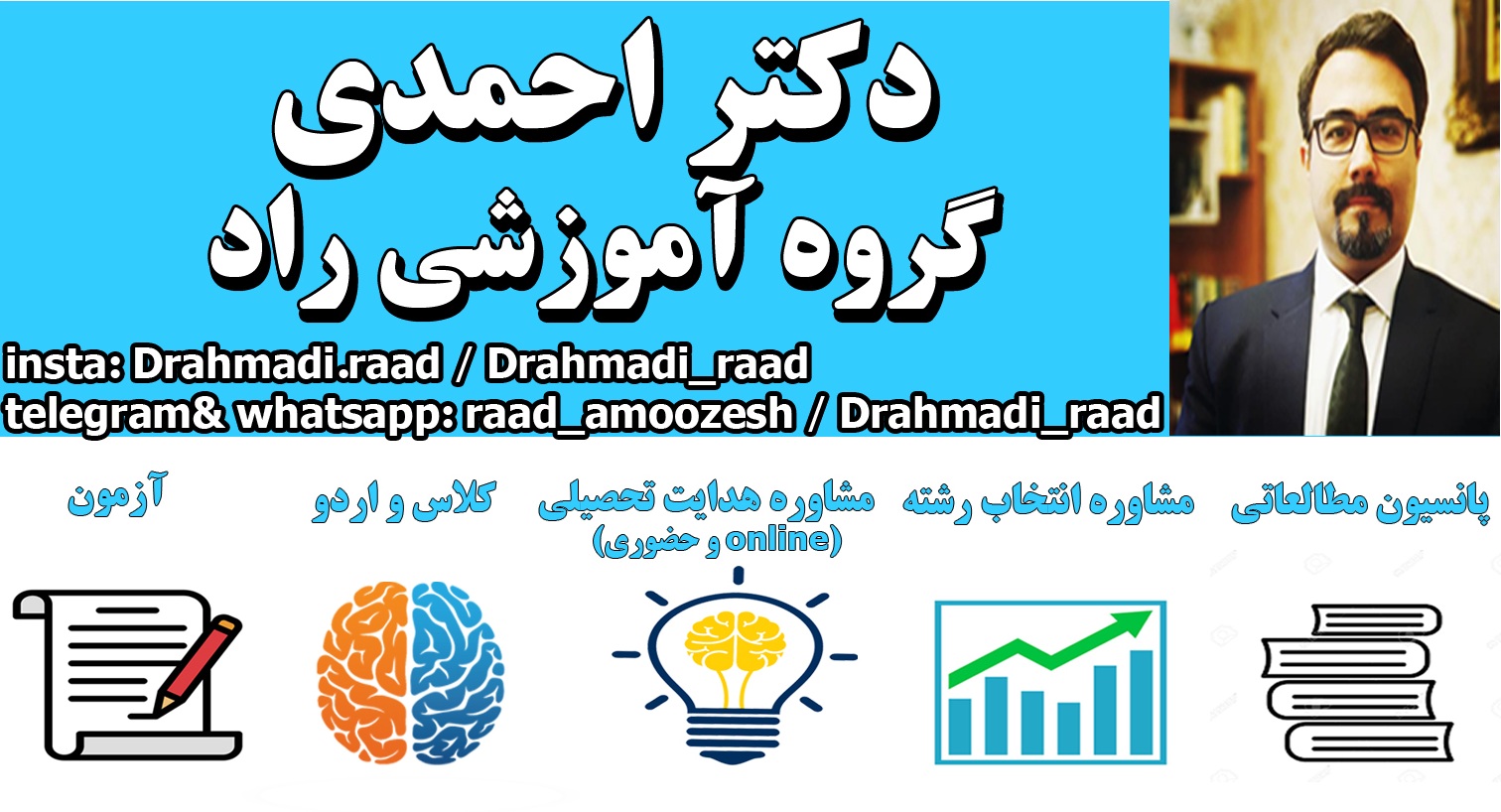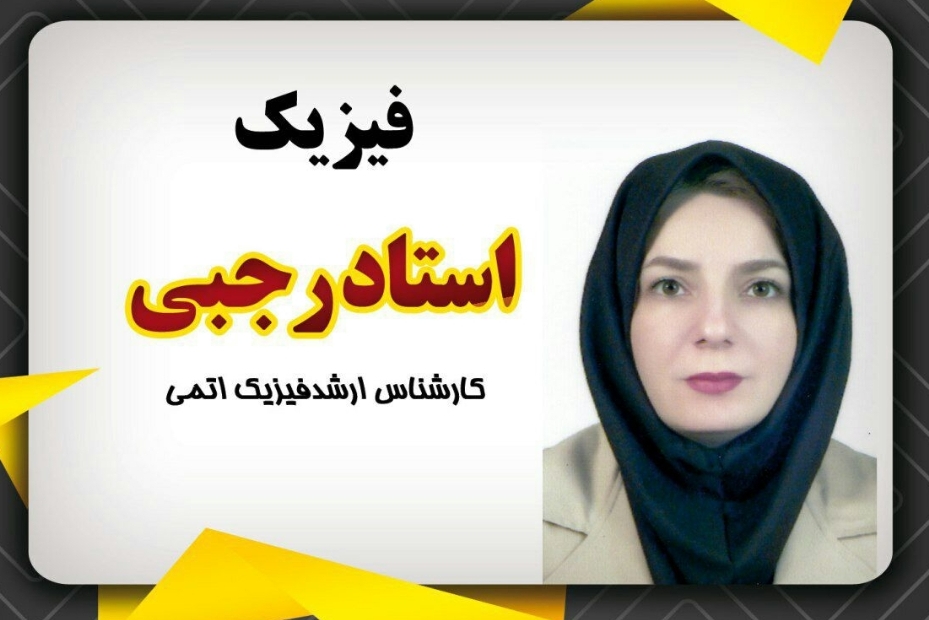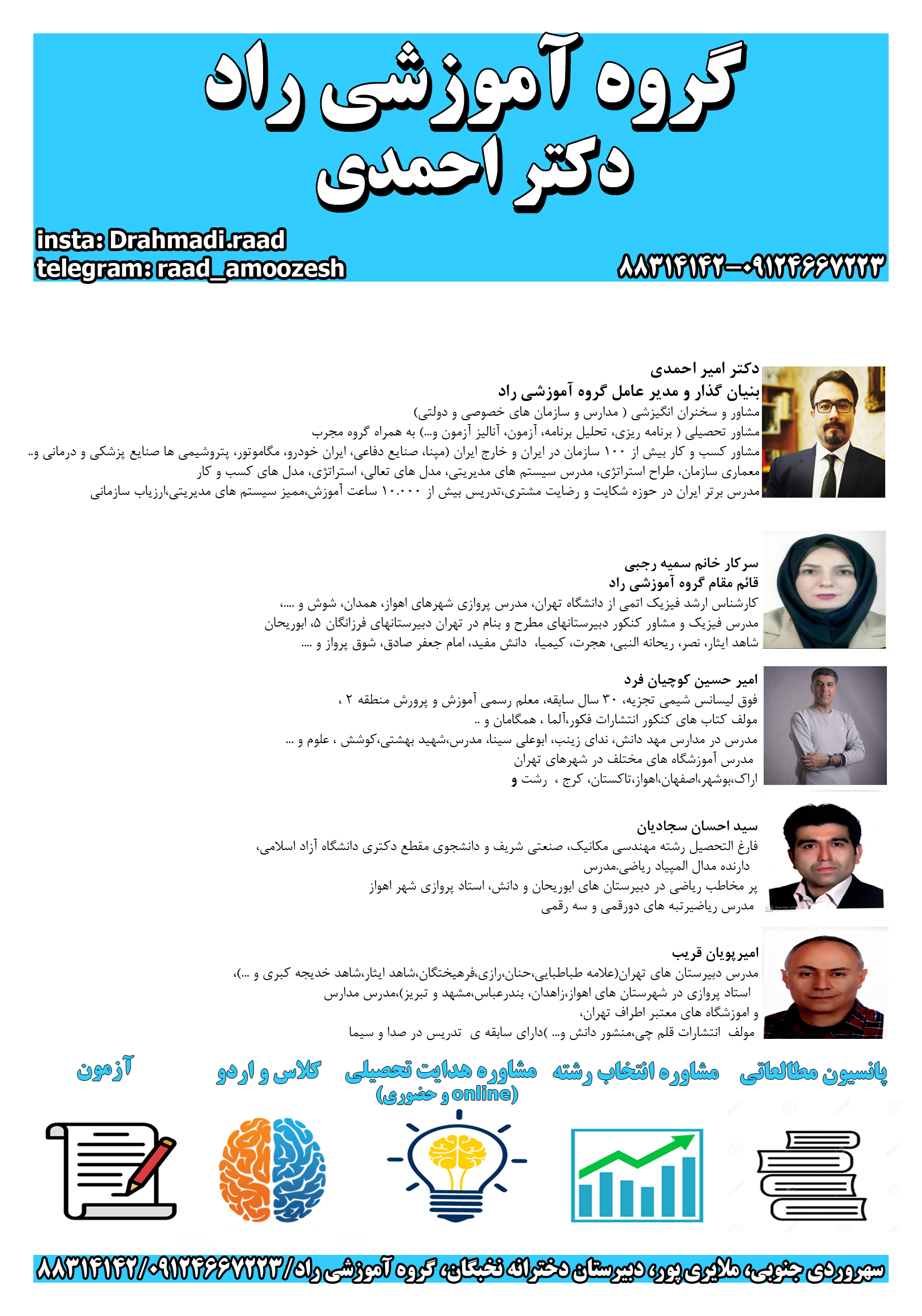by
From the January–February 2014 Issue
Sheryl Sandberg has called it one of the most important documents ever to come out of Silicon Valley. It’s been viewed more than 5 million times on the web. But when Reed Hastings and I (along with some colleagues) wrote a PowerPoint deck explaining how we shaped the culture and motivated performance at Netflix, where Hastings is CEO and I was chief talent officer from 1998 to 2012, we had no idea it would go viral. We realized that some of the talent management ideas we’d pioneered, such as the concept that workers should be allowed to take whatever vacation time they feel is appropriate, had been seen as a little crazy (at least until other companies started adopting them). But we were surprised that an unadorned set of 127 slides—no music, no animation—would become so influential.
Netflixorganizationalculture 131001173045-phpapp02 from Rose Nolen
People find the Netflix approach to talent and culture compelling for a few reasons. The most obvious one is that Netflix has been really successful: During 2013 alone its stock more than tripled, it won three Emmy awards, and its U.S. subscriber base grew to nearly 29 million. All that aside, the approach is compelling because it derives from common sense. In this article I’ll go beyond the bullet points to describe five ideas that have defined the way Netflix attracts, retains, and manages talent. But first I’ll share two conversations I had with early employees, both of which helped shape our overall philosophy.
The first took place in late 2001. Netflix had been growing quickly: We’d reached about 120 employees and had been planning an IPO. But after the dot-com bubble burst and the 9/11 attacks occurred, things changed. It became clear that we needed to put the IPO on hold and lay off a third of our employees. It was brutal. Then, a bit unexpectedly, DVD players became the hot gift that Christmas. By early 2002 our DVD-by-mail subscription business was growing like crazy. Suddenly we had far more work to do, with 30% fewer employees.
One day I was talking with one of our best engineers, an employee I’ll call John. Before the layoffs, he’d managed three engineers, but now he was a one-man department working very long hours. I told John I hoped to hire some help for him soon. His response surprised me. “There’s no rush—I’m happier now,” he said. It turned out that the engineers we’d laid off weren’t spectacular—they were merely adequate. John realized that he’d spent too much time riding herd on them and fixing their mistakes. “I’ve learned that I’d rather work by myself than with subpar performers,” he said. His words echo in my mind whenever I describe the most basic element of Netflix’s talent philosophy: The best thing you can do for employees—a perk better than foosball or free sushi—is hire only “A” players to work alongside them. Excellent colleagues trump everything else.
The second conversation took place in 2002, a few months after our IPO. Laura, our bookkeeper, was bright, hardworking, and creative. She’d been very important to our early growth, having devised a system for accurately tracking movie rentals so that we could pay the correct royalties. But now, as a public company, we needed CPAs and other fully credentialed, deeply experienced accounting professionals—and Laura had only an associate’s degree from a community college. Despite her work ethic, her track record, and the fact that we all really liked her, her skills were no longer adequate. Some of us talked about jury-rigging a new role for her, but we decided that wouldn’t be right.
So I sat down with Laura and explained the situation—and said that in light of her spectacular service, we would give her a spectacular severance package. I’d braced myself for tears or histrionics, but Laura reacted well: She was sad to be leaving but recognized that the generous severance would let her regroup, retrain, and find a new career path. This incident helped us create the other vital element of our talent management philosophy: If we wanted only “A” players on our team, we had to be willing to let go of people whose skills no longer fit, no matter how valuable their contributions had once been. Out of fairness to such people—and, frankly, to help us overcome our discomfort with discharging them—we learned to offer rich severance packages.
With these two overarching principles in mind, we shaped our approach to talent using the five tenets below.
Hire, Reward, and Tolerate Only Fully Formed Adults
Over the years we learned that if we asked people to rely on logic and common sense instead of on formal policies, most of the time we would get better results, and at lower cost. If you’re careful to hire people who will put the company’s interests first, who understand and support the desire for a high-performance workplace, 97% of your employees will do the right thing. Most companies spend endless time and money writing and enforcing HR policies to deal with problems the other 3% might cause. Instead, we tried really hard to not hire those people, and we let them go if it turned out we’d made a hiring mistake.
Adultlike behavior means talking openly about issues with your boss, your colleagues, and your subordinates. It means recognizing that even in companies with reams of HR policies, those policies are frequently skirted as managers and their reports work out what makes sense on a case-by-case basis.
Let me offer two examples.
When Netflix launched, we had a standard paid-time-off policy: People got 10 vacation days, 10 holidays, and a few sick days. We used an honor system—employees kept track of the days they took off and let their managers know when they’d be out. After we went public, our auditors freaked. They said Sarbanes-Oxley mandated that we account for time off. We considered instituting a formal tracking system. But then Reed asked, “Are companies required to give time off? If not, can’t we just handle it informally and skip the accounting rigmarole?” I did some research and found that, indeed, no California law governed vacation time.
So instead of shifting to a formal system, we went in the opposite direction: Salaried employees were told to take whatever time they felt was appropriate. Bosses and employees were asked to work it out with one another. (Hourly workers in call centers and warehouses were given a more structured policy.) We did provide some guidance. If you worked in accounting or finance, you shouldn’t plan to be out during the beginning or the end of a quarter, because those were busy times. If you wanted 30 days off in a row, you needed to meet with HR. Senior leaders were urged to take vacations and to let people know about them—they were role models for the policy. (Most were happy to comply.) Some people worried about whether the system would be inconsistent—whether some bosses would allow tons of time off while others would be stingy. In general, I worried more about fairness than consistency, because the reality is that in any organization, the highest-performing and most valuable employees get more leeway.
The company’s expense policy is five words long: “Act in Netflix’s best interests.”
We also departed from a formal travel and expense policy and decided to simply require adultlike behavior there, too. The company’s expense policy is five words long: “Act in Netflix’s best interests.” In talking that through with employees, we said we expected them to spend company money frugally, as if it were their own. Eliminating a formal policy and forgoing expense account police shifted responsibility to frontline managers, where it belongs. It also reduced costs: Many large companies still use travel agents (and pay their fees) to book trips, as a way to enforce travel policies. They could save money by letting employees book their own trips online. Like most Netflix managers, I had to have conversations periodically with employees who ate at lavish restaurants (meals that would have been fine for sales or recruiting, but not for eating alone or with a Netflix colleague). We kept an eye on our IT guys, who were prone to buying a lot of gadgets. But overall we found that expense accounts are another area where if you create a clear expectation of responsible behavior, most employees will comply.
Tell the Truth About Performance
Many years ago we eliminated formal reviews. We had held them for a while but came to realize they didn’t make sense—they were too ritualistic and too infrequent. So we asked managers and employees to have conversations about performance as an organic part of their work. In many functions—sales, engineering, product development—it’s fairly obvious how well people are doing. (As companies develop better analytics to measure performance, this becomes even truer.) Building a bureaucracy and elaborate rituals around measuring performance usually doesn’t improve it.
Traditional corporate performance reviews are driven largely by fear of litigation. The theory is that if you want to get rid of someone, you need a paper trail documenting a history of poor achievement. At many companies, low performers are placed on “Performance Improvement Plans.” I detest PIPs. I think they’re fundamentally dishonest: They never accomplish what their name implies.
One Netflix manager requested a PIP for a quality assurance engineer named Maria, who had been hired to help develop our streaming service. The technology was new, and it was evolving very quickly. Maria’s job was to find bugs. She was fast, intuitive, and hardworking. But in time we figured out how to automate the QA tests. Maria didn’t like automation and wasn’t particularly good at it. Her new boss (brought in to create a world-class automation tools team) told me he wanted to start a PIP with her.
I replied, “Why bother? We know how this will play out. You’ll write up objectives and deliverables for her to achieve, which she can’t, because she lacks the skills. Every Wednesday you’ll take time away from your real work to discuss (and document) her shortcomings. You won’t sleep on Tuesday nights, because you’ll know it will be an awful meeting, and the same will be true for her. After a few weeks there will be tears. This will go on for three months. The entire team will know. And at the end you’ll fire her. None of this will make any sense to her, because for five years she’s been consistently rewarded for being great at her job—a job that basically doesn’t exist anymore. Tell me again how Netflix benefits?
“Instead, let’s just tell the truth: Technology has changed, the company has changed, and Maria’s skills no longer apply. This won’t be a surprise to her: She’s been in the trenches, watching the work around her shift. Give her a great severance package—which, when she signs the documents, will dramatically reduce (if not eliminate) the chance of a lawsuit.” In my experience, people can handle anything as long as they’re told the truth—and this proved to be the case with Maria.
When we stopped doing formal performance reviews, we instituted informal 360-degree reviews. We kept them fairly simple: People were asked to identify things that colleagues should stop, start, or continue. In the beginning we used an anonymous software system, but over time we shifted to signed feedback, and many teams held their 360s face-to-face.
HR people can’t believe that a company the size of Netflix doesn’t hold annual reviews. “Are you making this up just to upset us?” they ask. I’m not. If you talk simply and honestly about performance on a regular basis, you can get good results—probably better ones than a company that grades everyone on a five-point scale.
Managers Own the Job of Creating Great Teams
Discussing the military’s performance during the Iraq War, Donald Rumsfeld, the former defense secretary, once famously said, “You go to war with the army you have, not the army you might want or wish to have at a later time.” When I talk to managers about creating great teams, I tell them to approach the process in exactly the opposite way.
In my consulting work, I ask managers to imagine a documentary about what their team is accomplishing six months from now. What specific results do they see? How is the work different from what the team is doing today? Next I ask them to think about the skills needed to make the images in the movie become reality. Nowhere in the early stages of the process do I advise them to think about the team they actually have. Only after they’ve done the work of envisioning the ideal outcome and the skill set necessary to achieve it should they analyze how well their existing team matches what they need.
If you’re in a fast-changing business environment, you’re probably looking at a lot of mismatches. In that case, you need to have honest conversations about letting some team members find a place where their skills are a better fit. You also need to recruit people with the right skills.
We faced the latter challenge at Netflix in a fairly dramatic way as we began to shift from DVDs by mail to a streaming service. We had to store massive volumes of files in the cloud and figure out how huge numbers of people could reliably access them. (By some estimates, up to a third of peak residential internet traffic in the U.S. comes from customers streaming Netflix movies.) So we needed to find people deeply experienced with cloud services who worked for companies that operate on a giant scale—companies like Amazon, eBay, Google, and Facebook, which aren’t the easiest places to hire someone away from.
Our compensation philosophy helped a lot. Most of its principles stem from ideals described earlier: Be honest, and treat people like adults. For instance, during my tenure Netflix didn’t pay performance bonuses, because we believed that they’re unnecessary if you hire the right people. If your employees are fully formed adults who put the company first, an annual bonus won’t make them work harder or smarter. We also believed in market-based pay and would tell employees that it was smart to interview with competitors when they had the chance, in order to get a good sense of the market rate for their talent. Many HR people dislike it when employees talk to recruiters, but I always told employees to take the call, ask how much, and send me the number—it’s valuable information.
In addition, we used equity compensation much differently from the way most companies do. Instead of larding stock options on top of a competitive salary, we let employees choose how much (if any) of their compensation would be in the form of equity. If employees wanted stock options, we reduced their salaries accordingly. We believed that they were sophisticated enough to understand the trade-offs, judge their personal tolerance for risk, and decide what was best for them and their families. We distributed options every month, at a slight discount from the market price. We had no vesting period—the options could be cashed in immediately. Most tech companies have a four-year vesting schedule and try to use options as “golden handcuffs” to aid retention, but we never thought that made sense. If you see a better opportunity elsewhere, you should be allowed to take what you’ve earned and leave. If you no longer want to work with us, we don’t want to hold you hostage.
We continually told managers that building a great team was their most important task. We didn’t measure them on whether they were excellent coaches or mentors or got their paperwork done on time. Great teams accomplish great work, and recruiting the right team was the top priority.
Leaders Own the Job of Creating the Company Culture
After I left Netflix and began consulting, I visited a hot start-up in San Francisco. It had 60 employees in an open loft-style office with a foosball table, two pool tables, and a kitchen, where a chef cooked lunch for the entire staff. As the CEO showed me around, he talked about creating a fun atmosphere. At one point I asked him what the most important value for his company was. He replied, “Efficiency.”
“OK,” I said. “Imagine that I work here, and it’s 2:58 PM. I’m playing an intense game of pool, and I’m winning. I estimate that I can finish the game in five minutes. We have a meeting at 3:00. Should I stay and win the game or cut it short for the meeting?”
“You should finish the game,” he insisted. I wasn’t surprised; like many tech start-ups, this was a casual place, where employees wore hoodies and brought pets to work, and that kind of casualness often extends to punctuality. “Wait a second,” I said. “You told me that efficiency is your most important cultural value. It’s not efficient to delay a meeting and keep coworkers waiting because of a pool game. Isn’t there a mismatch between the values you’re talking up and the behaviors you’re modeling and encouraging?”
When I advise leaders about molding a corporate culture, I tend to see three issues that need attention. This type of mismatch is one. It’s a particular problem at start-ups, where there’s a premium on casualness that can run counter to the high-performance ethos leaders want to create. I often sit in on company meetings to get a sense of how people operate. I frequently see CEOs who are clearly winging it. They lack a real agenda. They’re working from slides that were obviously put together an hour before or were recycled from the previous round of VC meetings. Workers notice these things, and if they see a leader who’s not fully prepared and who relies on charm, IQ, and improvisation, it affects how they perform, too. It’s a waste of time to articulate ideas about values and culture if you don’t model and reward behavior that aligns with those goals.
The second issue has to do with making sure employees understand the levers that drive the business. I recently visited a Texas start-up whose employees were mostly engineers in their twenties. “I bet half the people in this room have never read a P&L,” I said to the CFO. He replied, “It’s true—they’re not financially savvy or business savvy, and our biggest challenge is teaching them how the business works.” Even if you’ve hired people who want to perform well, you need to clearly communicate how the company makes money and what behaviors will drive its success. At Netflix, for instance, employees used to focus too heavily on subscriber growth, without much awareness that our expenses often ran ahead of it: We were spending huge amounts buying DVDs, setting up distribution centers, and ordering original programming, all before we’d collected a cent from our new subscribers. Our employees needed to learn that even though revenue was growing, managing expenses really mattered.
The third issue is something I call the split personality start-up. At tech companies this usually manifests itself as a schism between the engineers and the sales team, but it can take other forms. At Netflix, for instance, I sometimes had to remind people that there were big differences between the salaried professional staff at headquarters and the hourly workers in the call centers. At one point our finance team wanted to shift the whole company to direct-deposit paychecks, and I had to point out that some of our hourly workers didn’t have bank accounts. That’s a small example, but it speaks to a larger point: As leaders build a company culture, they need to be aware of subcultures that might require different management.
Good Talent Managers Think Like Businesspeople and Innovators First, and Like HR People Last
Throughout most of my career I’ve belonged to professional associations of human resources executives. Although I like the people in these groups personally, I often find myself disagreeing with them. Too many devote time to morale improvement initiatives. At some places entire teams focus on getting their firm onto lists of “Best Places to Work” (which, when you dig into the methodologies, are really based just on perks and benefits). At a recent conference I met someone from a company that had appointed a “chief happiness officer”—a concept that makes me slightly sick.
During 30 years in business I’ve never seen an HR initiative that improved morale. HR departments might throw parties and hand out T-shirts, but if the stock price is falling or the company’s products aren’t perceived as successful, the people at those parties will quietly complain—and they’ll use the T-shirts to wash their cars.
Instead of cheerleading, people in my profession should think of themselves as businesspeople. What’s good for the company? How do we communicate that to employees? How can we help every worker understand what we mean by high performance?
Here’s a simple test: If your company has a performance bonus plan, go up to a random employee and ask, “Do you know specifically what you should be doing right now to increase your bonus?” If he or she can’t answer, the HR team isn’t making things as clear as they need to be.
At Netflix I worked with colleagues who were changing the way people consume filmed entertainment, which is an incredibly innovative pursuit—yet when I started there, the expectation was that I would default to mimicking other companies’ best practices (many of them antiquated), which is how almost everyone seems to approach HR. I rejected those constraints. There’s no reason the HR team can’t be innovative too.
A version of this article appeared in the January–February 2014 issue of Harvard Business Review.
Patty McCord was the chief talent officer at Netflix from 1998 to 2012 and now advises start-ups and entrepreneurs. She is the author of Powerful: Building a Culture of Freedom and Responsibility (Silicon Guild, 2018).
From: HBR.ORG
ppt about this article:
How Netflix Reinvented HR








